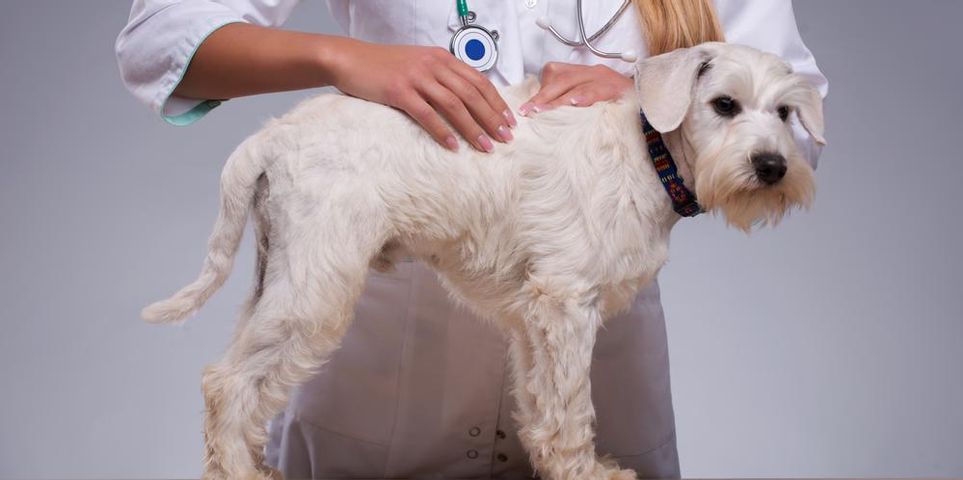
Every pet owner dreads those tiny, pesky insects that leech off of pets and spread disease. Fleas are common external parasites that are difficult to detect. If you suspect an infestation, it’s important to have your pet treated as early as possible. The following guide answers questions pet owners often have about flea treatment.
FAQs About Flea Treatment
How Do I Know if My Pet Has Fleas?
The most obvious sign of fleas is excessive itching. Your dog may scratch or bite at its ears, neck, legs, or the base of its tail. Cats might groom obsessively. However, not all animals are bothered by the bites. For those that aren’t, you’ll need to closely examine their coat. Fleas are visible, but they’re very fast and easily escape detection. The best evidence is flea dirt, which are small black specks of flea feces that turn reddish brown when wet.
Are Fleas Really That Dangerous?
Other than causing discomfort, skin irritation, and hair loss from scratching, fleas can cause major problems for pets. They sometimes carry tapeworms and cause flea allergy dermatitis (FAD), where their saliva will cause severe itching. When fleas reproduce in large numbers, they can cause anemia. Kittens and puppies are especially vulnerable to this, and it could become fatal.
 What Is the Best Flea Treatment?
What Is the Best Flea Treatment?
The first step will be to take your pet to a veterinary clinic. The veterinarian will examine your pet and assess the issue, then begin treatment with the best products for your particular situation. Typically topical medications, some of these products target only adult fleas, others kill eggs and larvae, and many target both. Never use products specifically for dogs on cats and vice versa. Multiple applications will be necessary to completely eliminate the infestation. If you have more than one pet, they should all be treated. Continue using monthly treatments, as prevention is the best form of protection.
How Can You Prevent Fleas?
Getting rid of the fleas on your pet won’t necessarily mean the pest problem is over. They can develop and lay eggs in the carpet and your yard. You’ll need to kill all of the adults, prevent larvae from developing, and destroy the eggs. If there’s a home infestation, you’ll likely need to call an exterminator. Otherwise, vacuum thoroughly, especially in well-shadowed areas and spaces your pets frequent. Foggers, sprays, and carpet powders can be used for any remaining fleas. For outdoor products, be sure to read labels carefully and avoid spraying near bodies of water.
If your pet has become a host for fleas or other insects, come to Parker Animal Clinic. As Clarksville, AR’s premier animal hospital, these pet care professionals offer the best flea treatments available. They specialize in prevention, so your pet will receive effective parasite control. To set up your appointment, call (479) 754-5656 or read more about their services online.
About the Business
Have a question? Ask the experts!
Send your question

